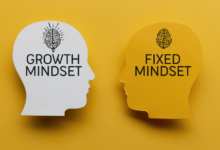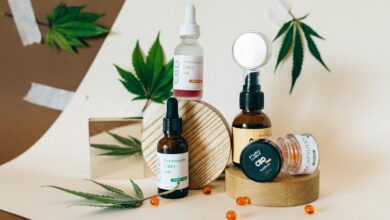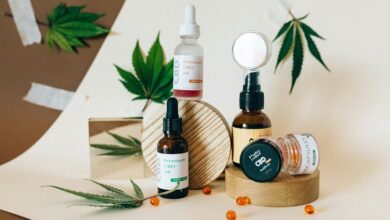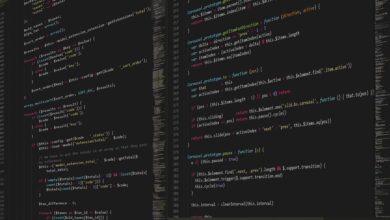Can Cbd Make You Fail a Drug Test

The relationship between CBD use and drug testing is complex. While CBD itself is not the target of most drug screens, the presence of THC in full-spectrum products can lead to a positive result. Understanding the differences between CBD types and the implications for employment and legality is essential. This raises critical questions about safety and personal choice in product selection. What factors should one consider to minimize the risk of an unexpected outcome?
Understanding CBD and THC: Key Differences
Cannabidiol (CBD) and tetrahydrocannabinol (THC) are two prominent compounds derived from the cannabis plant, each possessing distinct properties and effects.
CBD benefits include anxiety relief and anti-inflammatory properties, making it popular for therapeutic use.
Conversely, THC effects include euphoria and altered perceptions, often associated with recreational use.
Understanding these differences is crucial for individuals seeking the therapeutic advantages of cannabis without the psychoactive impacts of THC.
Types of Drug Tests and Their Detection Methods
The use of CBD products has raised concerns regarding their potential impact on drug testing outcomes.
Various types of drug tests, including urine tests, hair tests, saliva tests, and blood tests, employ different detection methods. Urine tests are the most common, while hair tests can reveal longer-term use.
Saliva tests provide immediate results, and blood tests offer a precise analysis of recent consumption.
The Risk of Contamination: Full-Spectrum vs. Isolate CBD
Understanding the differences between full-spectrum and isolate CBD is crucial for individuals concerned about drug testing outcomes.
Full-spectrum products contain various cannabinoids, which may introduce contamination sources that could trigger a positive drug test. In contrast, isolate CBD is typically free from these additional compounds, reducing the risk of unexpected full spectrum effects.
Choosing between them requires careful consideration of these contamination risks.
Navigating Employment Policies and Legal Considerations
Navigating the complexities of employment policies and legal considerations regarding CBD use requires a comprehensive understanding of both workplace regulations and the legal landscape surrounding cannabis products.
Employees must be aware of their employment rights and the potential legal implications of CBD consumption. Organizations often have varying policies, making it essential for individuals to stay informed to protect their rights and make informed choices.
Conclusion
In the complex landscape of CBD use, the distinction between full-spectrum and isolate products emerges as a crucial factor. While full-spectrum CBD may provide holistic benefits, it also poses the risk of THC exposure, akin to walking a tightrope. Conversely, CBD isolate offers a safer path, devoid of THC, yet may lack the entourage effect of its full-spectrum counterpart. Ultimately, individuals must weigh the benefits against the potential risks, especially when considering employment policies and the implications of drug testing.






